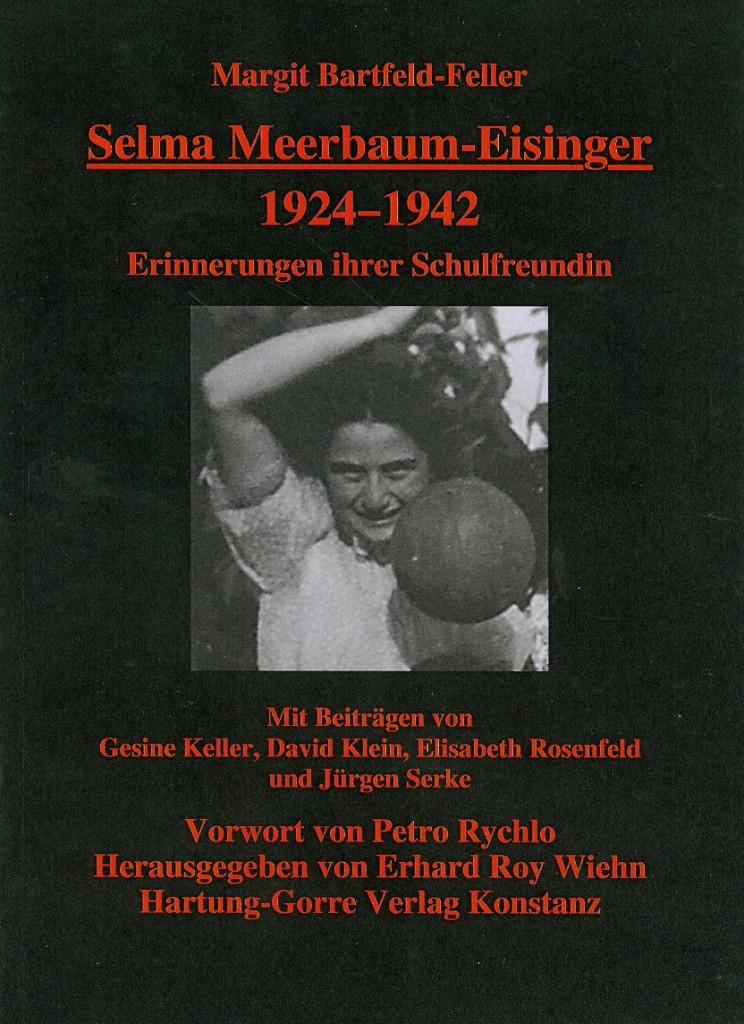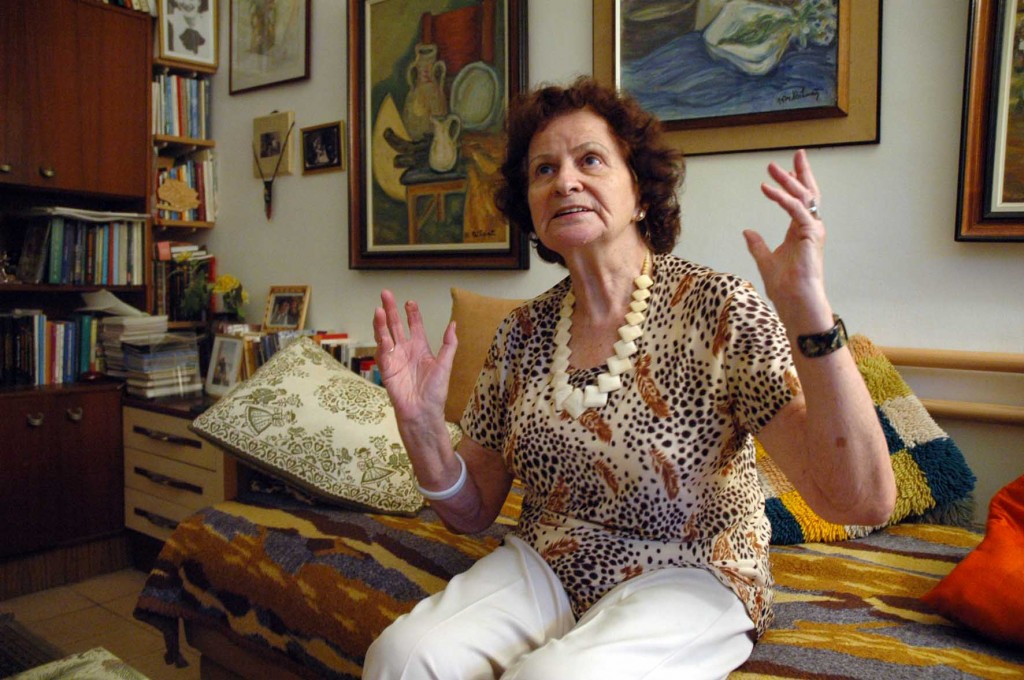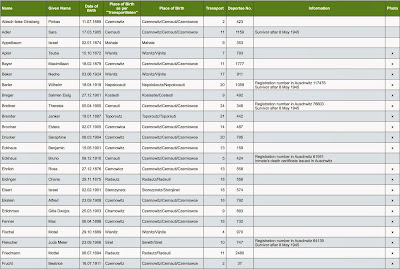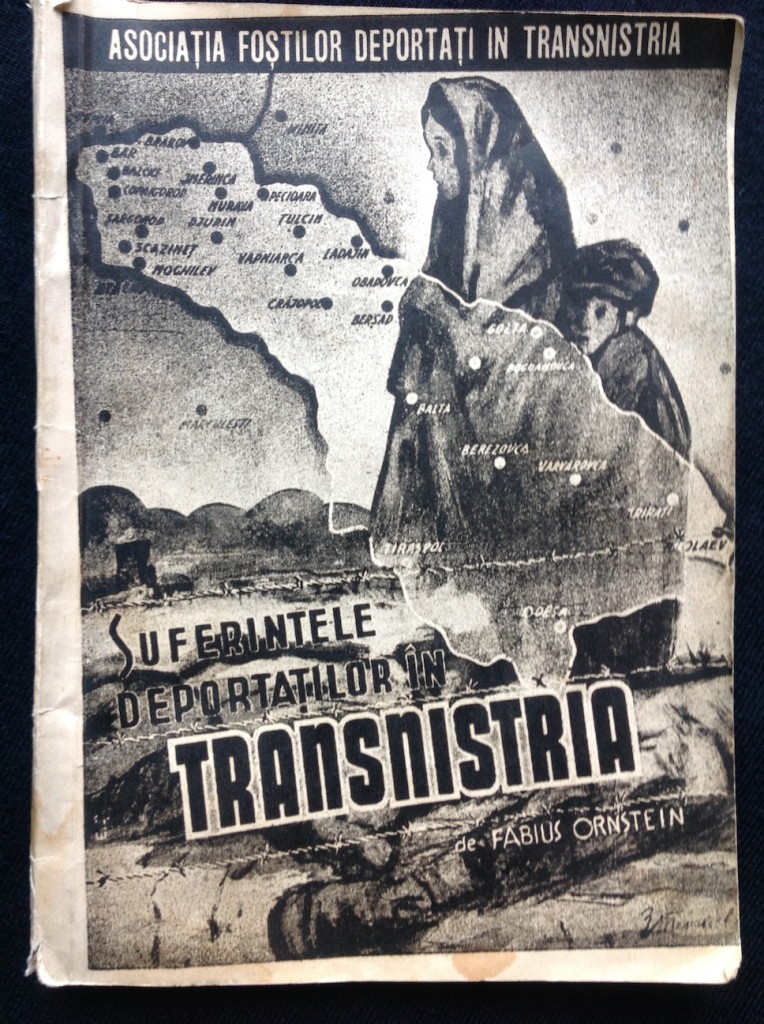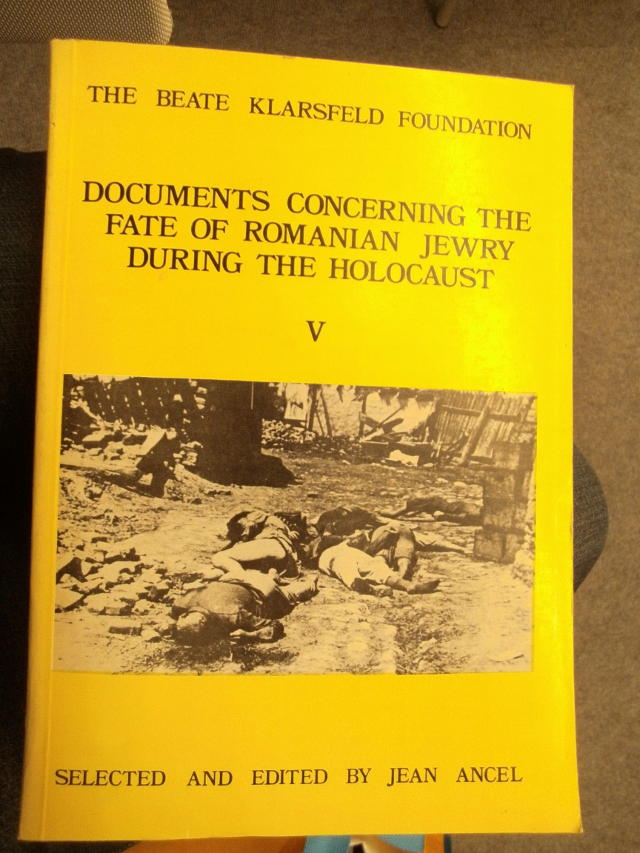As a result of the meticulous and thorough research of the Kazerne Dossin Memorial, Museum and Documentation Centre on Holocaust and Human Rights, Mecheln-Auschwitz 1942-1944 is a trilingual series (Dutch, French and English) of four books dealing with the persecution and deportation of Jews and gypsies from the SS-Sammellager in the Dossin Barracks in Mechelen to Auschwitz. Only a few miles away fom the SS Camp Fort Breendonk, the Dossin Barracks were used from 1942 until 1944 as a transit camp for Jews and gypsies from Belgium and the North of France, assembled here to set out on their journey of no return to Auschwitz. The first part of the series presents the reader with a historical overview of the racist and anti-Semitic persecutions in Belgium and the North of France. It focuses on the complex and poignant story of the action, reaction and interaction between occupier, occupied and persecuted, confronted with the final solution. It also relates the history of each individual transport.




Parts two and three show us the portraits of 18,522 out of 25,259 deportees, wagon by wagon and transport by transport. These pictures literally give the genocide a face. Among these portraits we succeeded to identify 97 out of 104 deportees, who had their roots in Bukovina. Leon Messing, born on 12 June 1927 in Czernowitz, was 15 years old and the youngest deportee from Bukovina on the date of departure of Transport 10 on 15 December 1942. The oldest deportee from Bukovina was Abraham Moses Reder, born on 17 August 1866 in Czernowitz, i. e. he was 76 years old on the date of deportation on Transport 11 of 26 September 1942. Just like my uncle Maximilian Hauster, born on 26 November 1909 in Czernowitz, deported with Transport 19 of 14 January 1943, neither would return in 1945.

































































































Part four contains the revised and corrected alphabetical list of names of the victims, together with biographical information about their personal fate. We have excerpted from this database those 104 deportees, who originated from Bukovina and compiled a listing in alphabetical order, which is available for download as PDF file by clicking just here or on the picture below.
Only two women and two men out of 104 deportees survived after 8 May 1945: Sara Adler and Theresia Breitner from Czernowitz, Wilhelm Berler from Nepolokoutz and Juda Meier Fleischer from Siret. 96,2% of the people originated from Bukovina deported on these in total 28 Transports were wiped out.
The documentary Transport XX to Auschwitz by Karen Lynne, Richard Bloom and Michel van der Burg is illustrating the inhuman and unimaginable suffering of the Jews and gypsies from Belgium during the Holocaust.
